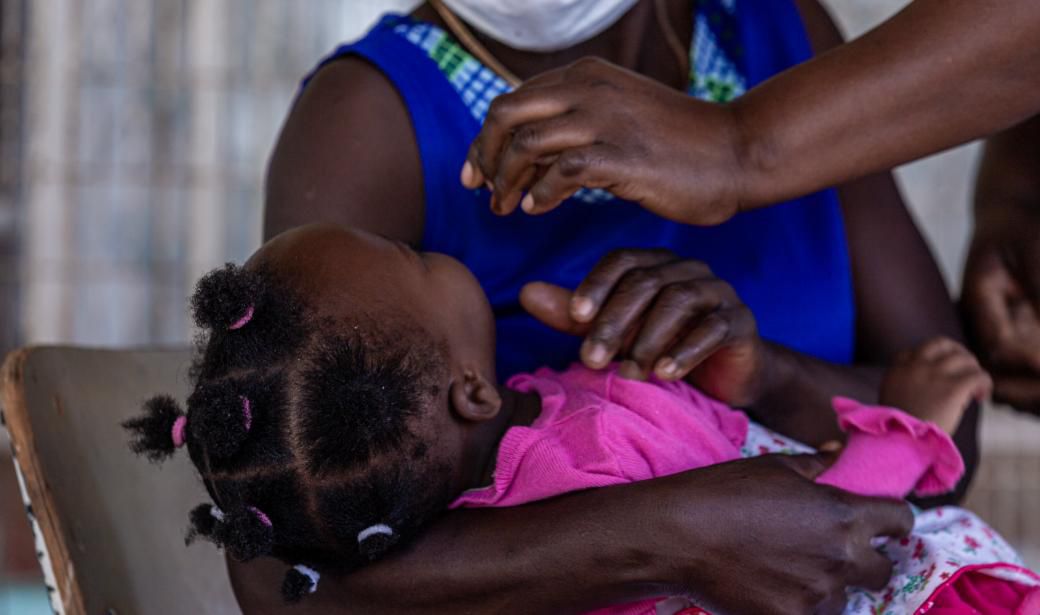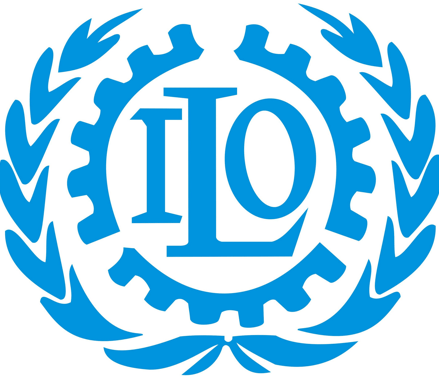

 Experts and some civil society organizations in Ghana and across the globe are saying that eating right should no longer be viewed as a matter of choice but as a matter of rights and a political decision.
Experts and some civil society organizations in Ghana and across the globe are saying that eating right should no longer be viewed as a matter of choice but as a matter of rights and a political decision.
There is currently a strong push both on the global and national level for more aggressive and responsible leadership, especially among political actors to deal with the worrying statistics on malnutrition and nutrition-related deaths and ill health, especially among vulnerable groups.
The Coalition of Actors for Public Health Advocacy (CAPHA) one of the many civil society groups in Ghana leading this fight, recently undertook a research and put out some preliminary findings suggesting that every hour, two Ghanaian children die from preventable nutrition-related causes.
Malnutrition costs Ghana GH?4.6 billion annually in lost productivity, with additional data showing that there is only 0.4% of total health budget available for nutrition-specific programmes in Ghana.
Nutrition-related problems are also fast becoming a critical issue on the global scene as well. For instance, when member states of the World Health Organization (WHO) met in Geneva in May this year, at the 78th World Health Assembly, some 75 items and sub-items were considered. The Assembly is the WHO’s highest decision-making body, which convenes every year to deliberate and take decisions to improve health for all.
There were many items on the table for the Assembly to discuss such as the adoption of a historic WHO Pandemic Agreement to safeguard the world from a repeat of the suffering caused by the COVID-19, yet, member countries found it necessary to deliberate on nutrition-related matters.
The global meeting agreed on two resolutions to extend the comprehensive implementation plan on maternal, infant and child nutrition to 2030 and to regulate the digital marketing breast-milk substitutes.
The 2030 targets are to cover 40% reduction in the number of children under 5 years of age who are stunted, 50% reduction in anaemia in women of reproductive age and 30% reduction in low birth weight.
Additionally, there is a goal to reduce and maintain overweight in children under 5 years of age to less than 5%, increase the rate of exclusive breastfeeding in the first 6 months up to at least 60% and reduce and maintain wasting in children under 5 years of age to less than 5%.
The resolution called for the scaled-up integration of essential nutrition action across all sectors along with capacity-building of health-care workers and fiscal policies such as the taxation of sugar-sweetened beverages.
These new 2030 deadlines align with the Sustainable Development Goals agenda while allowing countries to respond to emerging threats such as climate change, economic crises, rising food prices and internal displacement, all of which impact nutrition.
Incidentally, Ghana together with a few countries such as Albania, Bangladesh, Brazil, Ethiopia, Namibia, Pakistan, Paraguay, South Africa, Ukraine and the United Kingdom, in February 2025, drafted the decision for the adoption of these extension of the comprehensive implementation plan on maternal, infant and young child nutrition at the 78th World Health Assembly.
Ghana is however not doing too well with mobilizing support and leadership to push the nutrition agenda.
Dr. Kasim Abdulai, Director of Operations at CAPHA, disclosed that there is no dedicated nutrition line in the Ghana’s Ministry of Health budget but rather there is a heavy reliance on donor support.
He was speaking at a capacity-building workshop on enhancing government leadership and involvement in maternal and child nutrition interventions in Ghana organized by CAPHA and Women Media and Change in Accra
Dr. Abdulai said preliminary findings from the research done by CAPHA in the country on early childhood and infancy show low exclusive breastfeeding rates of less than 50%, inadequate complementary feeding practices and poor dietary diversity in six out of 10 children.
He touched on USAID’s withdrawal as a catalyst for crisis saying $33 million climate-smart agriculture support is at risk and there is $69.2 million loss in maternal and child health programme funding, among others.
He said nutrition is a political choice and a political will is required to deal with the issues adding that a nourished nation is a thriving nation.
Madam Olivia Timpo, Deputy Director of the Nutrition Department of the Family Health Division of the Ghana Health Service, in her contributions to the discussions, touched on the role of government and noted that government leadership is essential for ensuring sustainable, equitable, and effective nutrition interventions targeting mothers and children.
She said there has been some marginal improvement in exclusive breastfeeding rates of about 53.1%. But added that there are still challenges as overweight and obesity which is increasing in adults with anaemia remaining high in women of reproductive age, and adolescent girls and pregnant women.
She said few children below two years are also consuming a minimal acceptable diet.
Madam Timpo spoke on policies, guidelines and programmes on nutrition in the country to include the national nutrition policy, school feeding policy, girl’s iron folate tablet supplementation programme and the planting for food and jobs programme.
She however touched on major challenges in government leadership to include fragmented coordination across government agencies, inadequate and unpredictable financing for nutrition, weak implementation and monitoring capacity at sub-national levels, limited political prioritization of nutrition and insufficient integration of nutrition into broader development agenda.
She called for some action to address these collectively by elevating nutrition as a political and development priority and advocating for predictable and sustainable public financing.
She also said there is the need to support the inclusion of civil society organisations in formal policy processes and the push for stronger accountability and reporting systems.
Nutrition remains a critical part of health and development for every country as better nutrition is related to improved infant, child and maternal health, stronger immune systems, safer pregnancy and childbirth and lower risk of non-communicable diseases such as diabetes and cardiovascular disease.
The WHO has said that malnutrition, in every form, presents significant threats to human health and that the world faces a double burden of malnutrition that includes both undernutrition and overweight, especially in low- and middle-income countries.
The global body adds that the developmental, economic, social, and medical impacts of the global burden of malnutrition are serious and lasting for individuals and their families, communities and for countries.
By Eunice Menka
Copyright ©2025 by NewsBridge Africa
All rights reserved. This article or any portion thereof may not be reproduced or used in any manner whatsoever without the express written permission of the publisher except for the use of brief quotations in reviews.
The post Eating right shouldn’t be a matter of choice appeared first on Ghana Business News.
Read Full Story





![Dormaahene hails Mahama, vows to carry him at his back if cedi hits GH?8 to $1 [Video]](https://sportal365images.com/process/smp-images-production/pulse.com.gh/01062025/e9150a95-eb04-4066-bf2d-fef977524ffe.png)


![Hajia4Reall makes a bold comeback with new music after U.S prison sentence [Video]](https://sportal365images.com/process/smp-images-production/pulse.com.gh/01062025/88287b98-5b5d-4e81-b3b1-c4adb7b6ee54.png)













Facebook
Twitter
Pinterest
Instagram
Google+
YouTube
LinkedIn
RSS